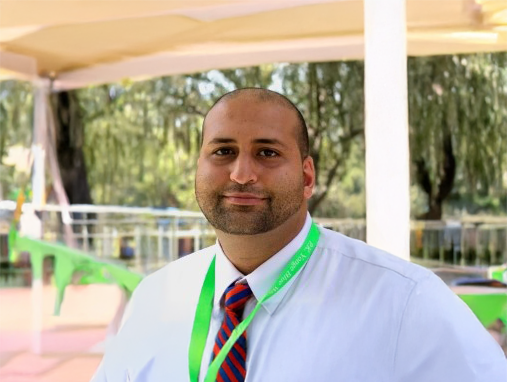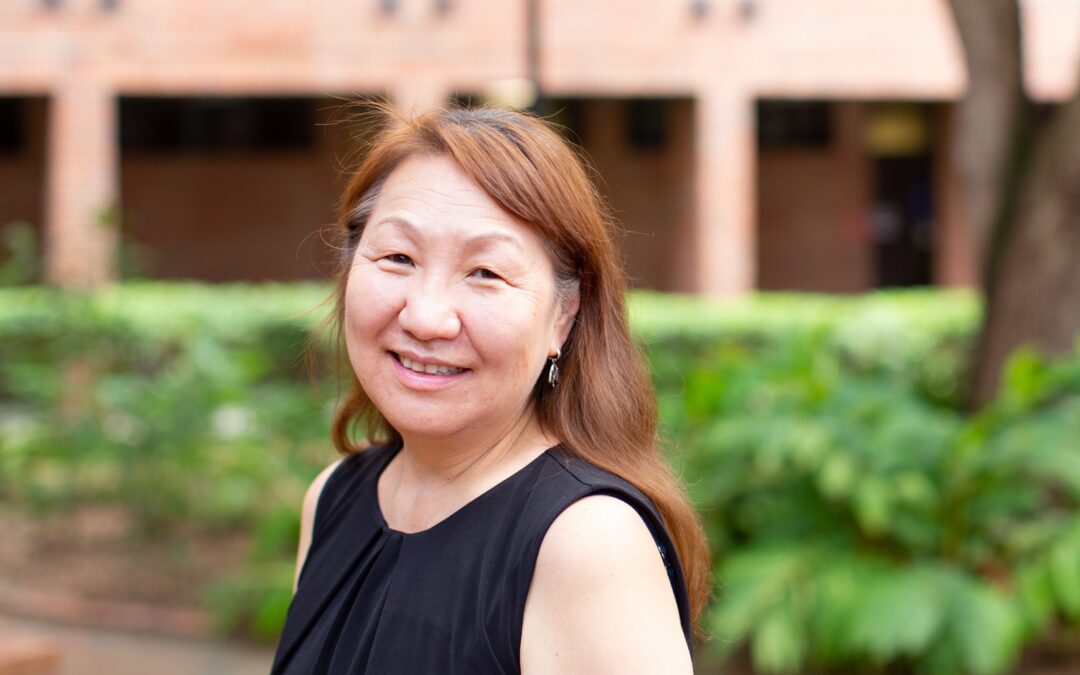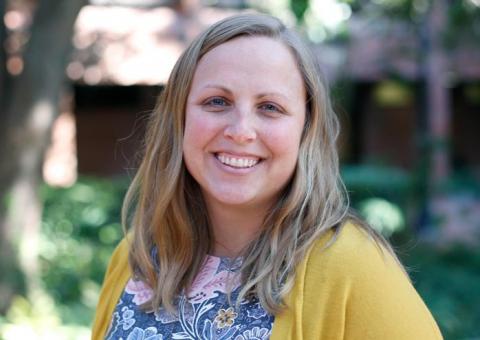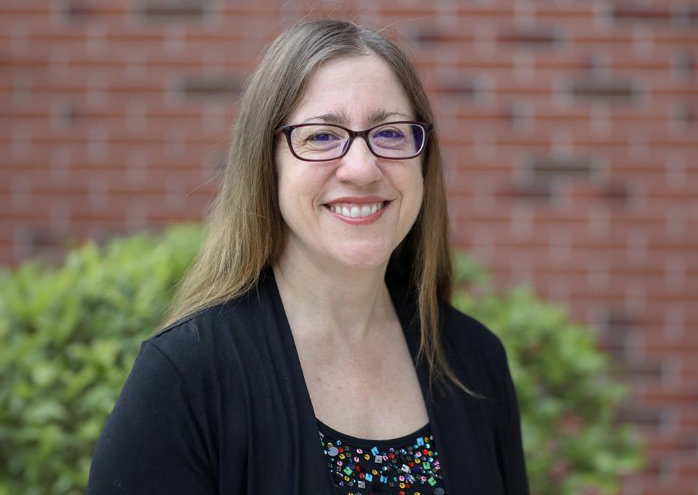
Research Spotlight: Hakeem Hasan
Q & A with Nigel Newbutt, Assistant Professor in the School of Teaching and Learning

Q & A with Nigel Newbutt, Assistant Professor in the School of Teaching and Learning

Q & A with Nigel Newbutt, Assistant Professor in the School of Teaching and Learning

Q & A with Nigel Newbutt, Assistant Professor in the School of Teaching and Learning

Q & A with Nigel Newbutt, Assistant Professor in the School of Teaching and Learning


Q & A with Nigel Newbutt, Assistant Professor in the School of Teaching and Learning